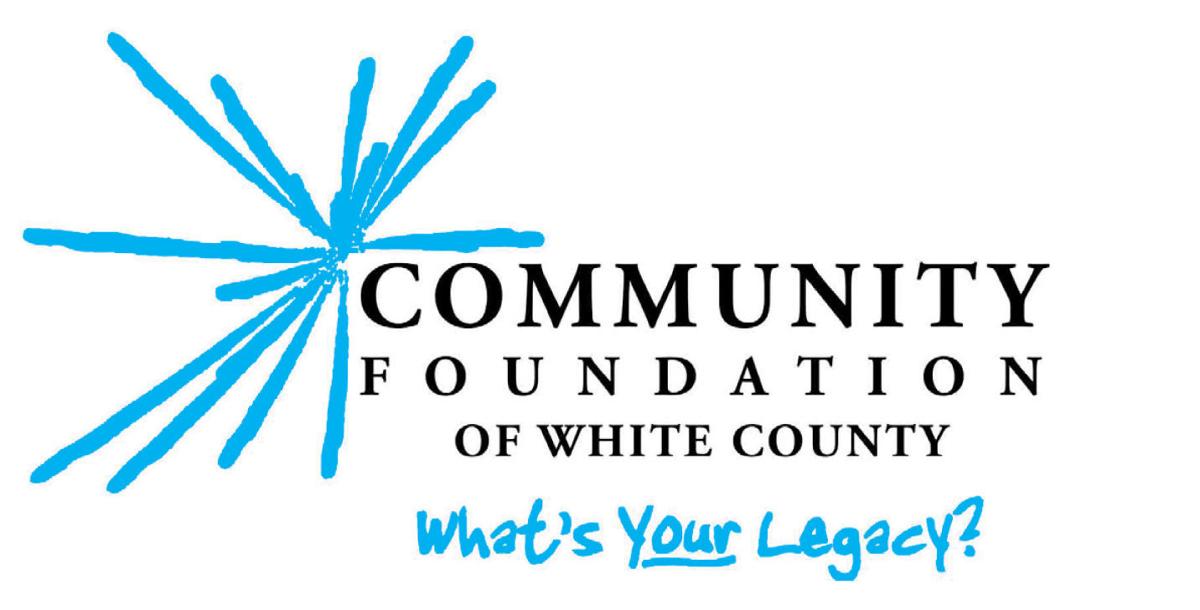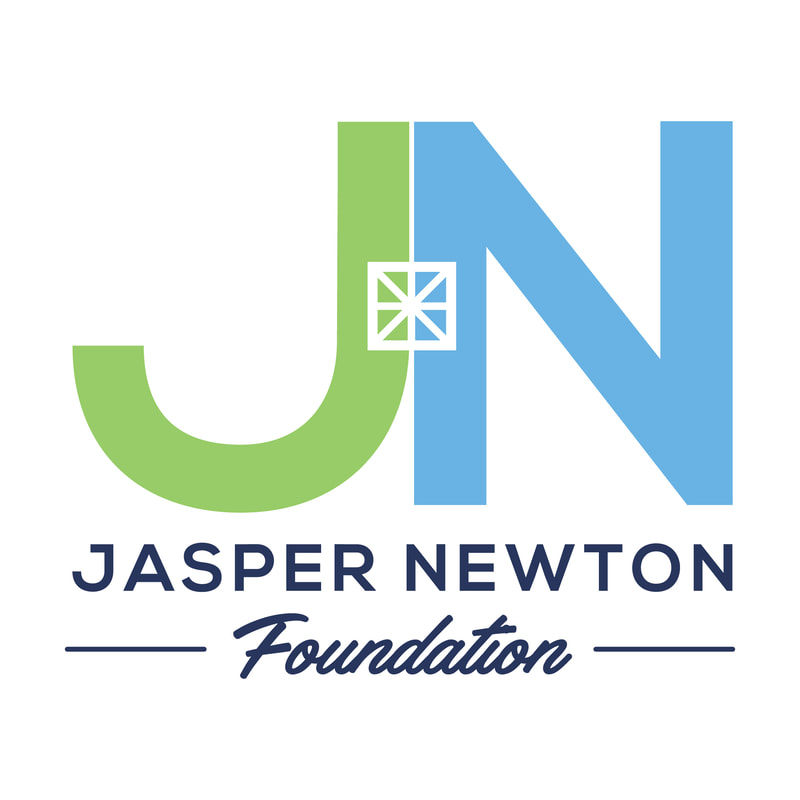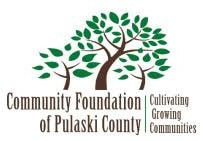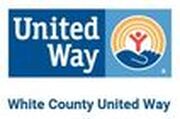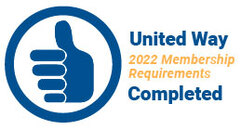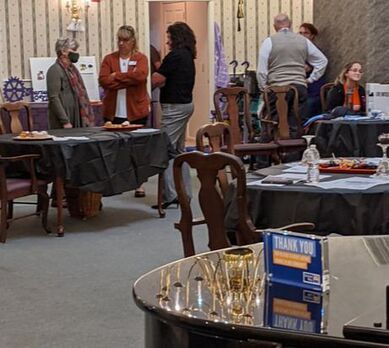 Impact is the key of Indiana United Way's Economic Relief Initiative, and our community used it to unlock meaningful collaboration. The greatest change our service network has experienced through the process of allocating ERI funds, attained through a partnership with Lilly Endowment, Inc, has been the realization of truly collective impact. Traditional models for fund allocation and grantmaking have been lagging for years, and White County United Way has been re-imagining allocations since a workshop in 2019 highlighted new methods of funding being used throughout the state. Visionaries on the WCUW board decided then that our United Way would be a champion for mental health, and we would promote mental health growth in our community. But the change was slow and incremental, and mostly not flashy enough to really garner much momentum. When the ERI brought the influx of significant, change-making funding to our region, our team got serious about putting that gift to great use for the benefit of our neighbors. Suddenly, we had more funding than we had services to fund--that is, services meeting basic human needs. Suddenly, the focus of our work was not contemplating how to slice a funding pie into ever-thinner pieces for a an over-extended network that lacked capacity. Rather, our work began to center around the actual needs for service. Agencies worked together. True collaboration happened, and gaps were filled in non-traditional, but still effective ways. Examples abound. Some of the simplest solutions provided the greatest impact, and our network simply needed the means and opportunity to pursue those solutions. Our amazing partner provides public transit on a donation basis, but the Council on Aging is only open from 8-4 PM, and often there is no time for patrons to plan ahead for its use. Given that the Council's capacity is stretched regularly, and even more so during the 2020/21 season, they were unable to accommodate rides outside of these hours. A local church, Faith Covenant Christian Fellowship runs a transportation ministry and has for some time. They also are able to provide gas cards to those in need, as our rural location makes transit nearly impossible. Together, we were able to answer the need of those patrons who are unable to use the Council, and the Community Relief Fund provided much needed services through the existing structure of FCCF. But the true beauty of this partnership is its collaborative nature. WCUW's phone number is the contact number, and transportation needs are forwarded to FCCF volunteers during extended business hours. When the Council receives a request it is unable to meet, those calls are routed to WCUW. Of course, the system has been personally, verbally, and electronically communicated with all of our partners, and our infrastructure has expanded through a simple conversation and a modest financial investment. Rural residents have the same needs as those in more densely populated areas, but the service network cannot operate efficiently enough to meet them when we work independently. Instead, we must work as a network, meeting people in the locations that best serve them, and stretching our outreach strategies to the clients' needs while keeping ever-mindful of our unique missions. The mindset we developed through the ERI Grant is both powerful and incredible. More than once, a potential grantee would suggest a different entity altogether to step in to fill a client need, even though they were foregoing possible funding in doing so. Our service professionals truly placed community over self-interest in the past two years, and their generosity has been humbling. Overall, the greatest good to come out of the ERI Grant is not in the individual client stories we share, but in the thought-shift our network has taken to serve. Because of ERI funds, our United Way is finally broadening our scope to understand the needs in Jasper and Pulaski Counties. Because of ERI funds, our regional network is meeting monthly to develop a Trauma-Informed, Recovery-Oriented System of Care and shared client database. Because of ERI funds, more than 1,746 of our neighbors have received the services they need to better respond to the pandemic. Because of ERI funds, these neighbors, our donors, volunteers, clients, and staff continue to LIVE UNITED in 2022. guest column by Nikie Jenkinson, executive director
0 Comments
MONTICELLO- It can be overwhelming when you feel like it is solely your responsibility to deal with life’s problems. Mabe your kids need new coats, or you don’t know how you’ll put dinner on the table tonight. Perhaps you need a new bed because yours is tearing at the seams, but you have to prioritize your electric bill over the comfort of a good night’s sleep. With initiatives like Valley Oaks’ Community Navigator Program, you don’t have to tackle those issues alone.
Since developing the Community Navigator Program in September, Valley Oaks has gone above and beyond helping the community. Specifically, they helped those who were at their last resort, those who had exhausted all their options and still couldn’t make ends meet. I could tell you that the Community Navigator Program provided three beds with complete bedding to kids, but that’s only covering the statistics, not the story behind the beds. The numbers don’t tell you that those beds kept children from being separated from their parents, and their families didn’t have to be torn apart. I could tell you that Valley Oaks helped 19 clients avoid shutoffs of their utilities, but, again, the numbers don’t tell you that many of those households had minor children living in them. 19 different households didn’t have to fall behind on their utility payments; 19 different families didn’t have to worry about having hot water or a warm home. Additionally, with funds from the Community Navigator Program, a father was able to reinstate his driver’s license so he could go to work and provide for his family. One individual’s copayment deductible was paid for a prescription medication they needed, but couldn’t afford. Valley Oaks even worked with individual entities within the community to provide Christmas presents for 27+ children who were unable to participate in programs like Angel Tree and Toys for Tots. The people Valley Oaks helped out aren’t just statistics, they are real people in our own community. You pass them at Walmart, you sit with them in church, and your kids play with them at recess. In these uncertain times, we can’t always see how we will get through these difficult situations, and we sometimes need help from others to make it to the end. Programs like Valley Oaks’ Community Navigator program are there to offer a helping hand to those in need, even if they can’t always see it. MONTICELLO – White County United Way is pleased to announce that it will receive a second COVID-19 Economic Relief Initiative grant for $204,980.00 from Indiana United Ways, the state professional association of which White County United Way is a member. The grant will be used to support our community in meeting basic human needs brought on by the COVID-19 pandemic.
The grant is one of 47 grants that Indiana United Ways is making to member organizations and community foundations through the initiative, which was made possible by funding Indiana United Ways received from Lilly Endowment Inc. “White County United Way has been a key convener and coordinator of our community’s response to meet human needs for decades. Even before this crisis, we knew that 23% of families in White County were not able to make ends meet - despite working. In the wake of COVID, those needs became even more dire. Thanks to the generous, continued support of Lilly Endowment to our State Association, we can continue to help our community, through nonprofit partners, deal with and hopefully resolve the impacts of this trying time,” said Libby Billue, Board President for White County United Way. The second COVID-19 Economic Relief Initiative grant again calls for United Ways that receive funding to leverage partnerships and relationships to better meet COVID-related basic needs aligned with the social determinants of health as defined by the CDC. White County United Way will begin accepting funding requests from Pulaski, Jasper, and White County human and social service nonprofits whose IRS designation is in good standing beginning July 10, 2021. Interested organizations should consult White County United Way’s website for guidance on funding intent and application instructions. In April 2020, Lilly Endowment helped Indiana United Ways establish the COVID-19 Economic Relief Initiative with an initial $30 million grant. Lilly Endowment made an additional $15 million grant in March to Indiana United Ways to support the initiative. Both grants are part of Lilly Endowment’s overall grantmaking to help organizations meet COVID-related needs. Since March 2020, Lilly Endowment has made grants totaling more than $210 million to organizations working in Indiana and across the nation as they respond to the pandemic. White County United Way has been advocating and fighting for the health, education, and financial stability of every person in White County since 1967. When the initial ERI grant awarded funding for our neighboring communities, WCUW began processing designated funds for an expedient response in Pulaski and Jasper Counties, as well. Through state, national, and local partnerships, WCUW connects our social service organizations with the resources, tools, clients, and community support they need. Together, we advocate and fight to fill the gaps that separate our neighbors from their ability to thrive. Indiana United Ways is the state professional association for United Ways in Indiana and supports a thriving United Way system through capacity building, shared services, and network collaboration opportunities. For more information, contact Tonja Stokes, Vice President of Organizational Development at [email protected]. Lilly Endowment Inc. is an Indianapolis-based private philanthropic foundation created in 1937 by J.K. Lilly, Sr. and his sons, Eli and J.K. Jr., through gifts of stock in their pharmaceutical business, Eli Lilly and Company. Although the gifts of stock remain a financial bedrock of the Endowment, it is a separate entity from the company, with a distinct governing board, staff and location. In keeping with the founders’ wishes, the Endowment supports the causes of community development, education and religion. The Endowment funds significant programs throughout the United States, especially in the field of religion. However, it maintains a special commitment to its founders’ hometown, Indianapolis, and home state, Indiana. MONTICELLO, IN - The COVID-19 pandemic is a burden we all carry on our backs. It’s oppressive and overwhelming, and we can’t ignore it. For some people that weight manifests itself as physical ailments, but, for others, it lurks in a space that we can’t actually see. For those people their mental and emotional damage is as painful as a broken leg or an injured hand. They need just as much help healing themselves as someone with a visible injury would. That’s why, in addition to focusing on groups who assist with physical well-being, the United Way awarded funds to several nonprofits who prioritized the invisible illnesses that our community is dealing with.
The Food Finders Food Bank initiated The Senior Grocery program in White County. Food insecurity rates have increased, and Indiana’s senior food insecurity rate is higher than the national average. FFFB’s Senior Grocery program provides a box of healthy and nutritious food each month to seniors. CDC Resources, Inc. received funding to help pay for meaningful and helpful technology for the Intellectual and Developmentally Disabled adults served by their Day Service Programs in Monticello and Rensselaer. The technology enables those with disabilities to connect and engage with others, which strengthens their social relationships. Social isolation is a terrible feeling, and distancing during this pandemic has forced many of us to confront that head-on. Smart devices allow us to connect with others when we can’t physically be around them, and CDC recognizes the importance of staying connected. Therapeion Therapeutic Riding Center provides equine assisted programs for persons with disabilities and families in the Child Protective Services system. They received funding to maintain their current programs, which focus on individuals with cognitive, physical, emotional, and behavioral disabilities. Their mission is to facilitate the healing of body and spirit through interaction with horses. They emphasize the power of respect, compassion, and love for oneself and others. The Ralph & Lillian Fendig Summer Theatre for Children Inc. received funding to pay for the transition of their summer theatre productions to yearlong programming. Much like CDC using smart devices for communication, Fendig Theatre used virtual programming to connect children with other peers so they could actively and safely participate in activities together. Participants shared that they felt trapped and alone in their homes, and this program gave them a desperately needed social/creative outlet. The organization plans to continue virtual and in-person programming for the foreseeable future, and they hope to have an even greater positive impact on children during this next stage. The Community Relief Fund was created to first assist any non-profit social service organization serving White, Jasper, or Pulaski counties that may be suffering the immediate physical, social, mental, and economic effects of the COVID-19 pandemic. The Community Relief Fund is a sponsored project of Indiana United Ways with funding provided by Lilly Endowment Inc. Applications for July are still being accepted at this time; however, the CRF program is drawing to a close. White County United Way would like to remind all applicants that the last day to submit a CRF application will be July 10, 2021 at midnight. If you are interested in applying for assistance from the Community Relief Fund you should visit the CRF tab on White County United Way’s homepage, and scroll to the bottom to download an application. Organizations with 501(c)3 status may apply, but agencies with other designations must call before applying. For additional information please contact the White County United Way Executive Director Nikie Jenkinson through email: [email protected] or call (574) 583-6544. If you or someone you love would like to speak to a Mental Health Navigator please call: (765) 742-1800 MONTICELLO, IN - In February and March, the White County United Way Community Relief Fund was able to significantly assist several local nonprofits that were in need due to the financial impacts caused by the COVID-19 pandemic. To date, the White County United Way Community Relief Fund has received a total of $436,438 to distribute to nonprofits in need, and awarded $51,278 to nonprofits in the three-county region in March alone.
The organizations that received assistance met basic needs, addressed childcare shortages, and adapted their programming to serve residents living in White, Jasper, or Pulaski counties. The application process is competitive, and requests are reviewed monthly by an advisory board made up of members of each county community, as well as leaders in the White County United Way, Community Foundation of White County, the Community Foundation of Pulaski County, and the Jasper Newton Foundation. The Garden Daycare and Sunshine Center Preschool MONTICELLO, IN - The White County United Way is continuing its effort to help local nonprofits that have felt the effects of the COVID-19 pandemic. December’s Community Relief Fund recipients include the Tri-County Backpack Program, the Child Care Resource Network (TCCRN), and the Community Wellness Center of Winamac.
The Tri-County Backpack Program received funding so they can purchase additional food, backpacks, and other additional supplies needed to help students who have been impacted by the pandemic. The Child Care Resource Network (TCCRN) received funding to help them address the lack of licensed, quality child care in Jasper, Pulaski, and White counties. The Community Wellness Center of Winamac received funding so they can Thanks to the funding provided through the Community Relief Fund, the Sagamore Council of Boy Scouts of America has been able to not only provide its usual programming, but to provide additional events and programming as well.
The BSA has used the monies to fund several projects, such as: “Day Camp in a Box” and other remote programs, a Virtual Treasure Hunt fundraising event, and virtual leader training sessions, just to name a few. Even though the funding was used to help improve the delivery of several aspects of the scouting experience, combined, the funds made a bigger overall impact on the BSA as a whole. Thanks to the Community Relief Fund, the Sagamore Boy Scouts have been able to successfully deliver the quality scouting experience in a new, innovative, and reliable way. To date, the Boy Scout’s Virtual Merit Badge website is now serving When the tones drop in the Wheatfield, Indiana area, the Wheatfield Volunteer Fire Department is there, ready to serve at any time. Whether it’s a fire, medical emergency, or assisting with a car accident, WVFD constantly puts their lives on the line to ensure the safety and well-being of their community.
However, in light of the COVID-19 pandemic, Wheatfield Fire is now not only putting their lives at risk for the visible dangers, but also the invisible. “WVFD assists Wheatfield EMS whenever they need additional manpower. These types of assist EMS calls can especially bring about an unknown exposure to COVID-19 at any given time,” explained Wheatfield Volunteer Fire Department Lieutenant and President David Myers. As many know, the COVID-19 pandemic was not something that a lot of organizations were already prepared to deal with. The Wheatfield Volunteer Fire Department had some PPE onboard, but not anything near what they needed. “Prior to the COVID-19 Pandemic, our Department had a limited supply of the PPE needed to safeguard our firefighters from the virus. We did have some onboard our apparatus should the rare occasion arise that we needed to put it on. However, masks, face shields, and the immediate use of hand sanitizer during and after a call was not a part of our protocols,” said Myers. At a lack of all of the necessary PPE, Myers knew that he would have to find a way to MONTICELLO, IN - Local nonprofits in White, Jasper, and Pulaski counties are still receiving assistance through the White County United Way Community Relief Fund. The recipients for the month of September include Medaryville Nursery School, St. Augustine School, and the Wheatfield Fire Department.
Medaryville Nursery School received funding to allow them to increase distancing among children, which could later include more children. St. Augustine School in Rensselaer received assistance so they can enhance distancing and improve distanced instruction. Wheatfield Fire Department acquired funding to allow them to continue to assist local EMT professionals with necessary equipment they would not typically need outside of a pandemic. The White County United Way’s Community Relief Fund has been able to meet the immediate needs of nonprofits in White, Pulaski, and Jasper counties that have been the most affected by the COVID-19 pandemic. So far, the total funding dispersed to these organizations comes to $62,960.00. The United Way is now directing its focus to how it can help strengthen CRF HELPS MEDARYVILLE NURSERY SCHOOL CONTINUE TO PROVIDE QUALITY EDUCATION FOR LOCAL COMMUNITY9/28/2020 What makes Medaryville Nursery School such an asset to the community is their continued dedication and passion for providing a well-rounded, quality education to children in our area for over 30 years. Their mission is to provide an education that will “accelerate the educational, emotional, and social development of the pre-elementary children in the surrounding counties through educational games, songs, and social play.” Medaryville Nursery School goes above and beyond to ensure that they are fully caring and providing for the children and families that they serve.
“At Medaryville Nursery School we strive to provide a high quality education to the kids of Medaryville and in the surrounding areas. We recognize that in this area we are missing an element of quality education for our young people, so our goal is to fill that gap by providing a great education through our highly trained, licensed teachers. We want nothing but the best for our kids,” stated Medaryville Nursery School President Derrick Stalbaum. However, the COVID-19 pandemic has presented many unforeseeable challenges for the school, including |
AuthorJordan Day has been with the United Way since May 2020, and is currently working as a Social Media Consultant for WCUW. Archives
March 2022
Categories |

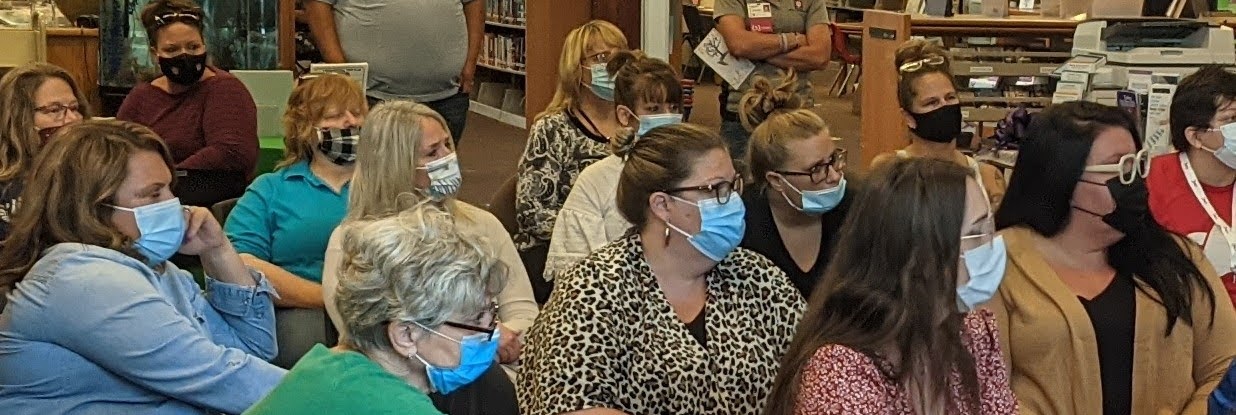
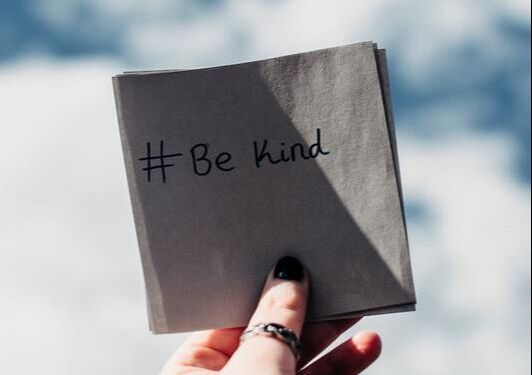
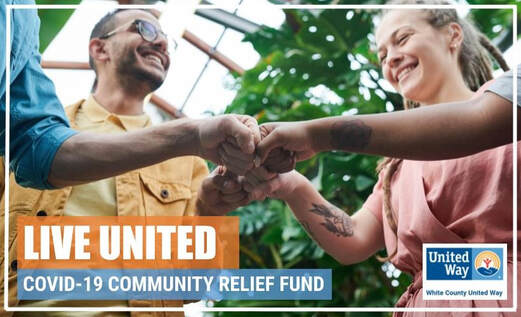
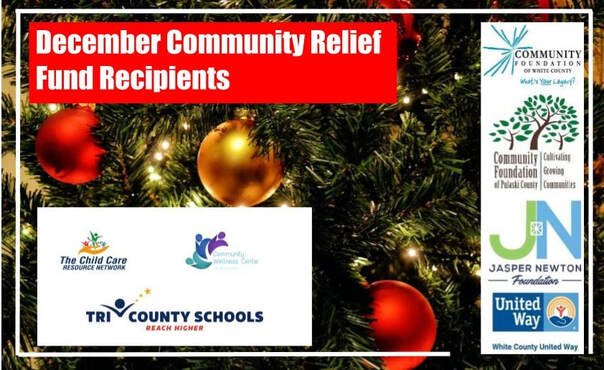
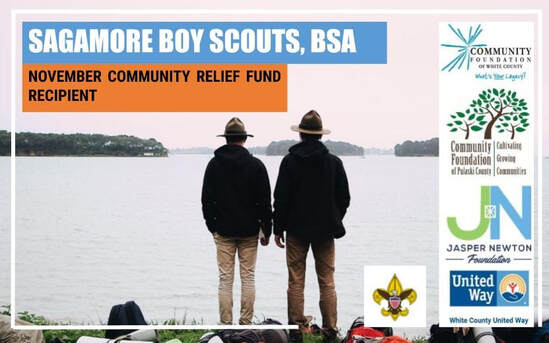
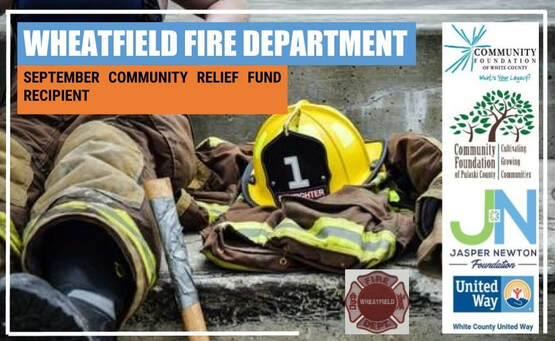
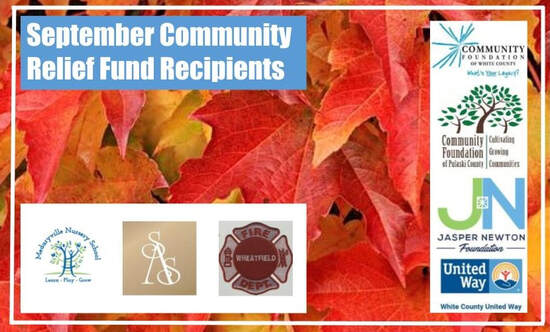
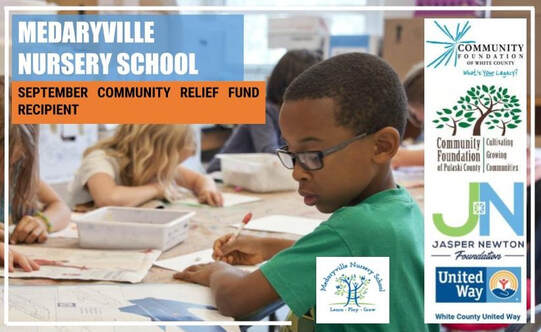
 RSS Feed
RSS Feed
